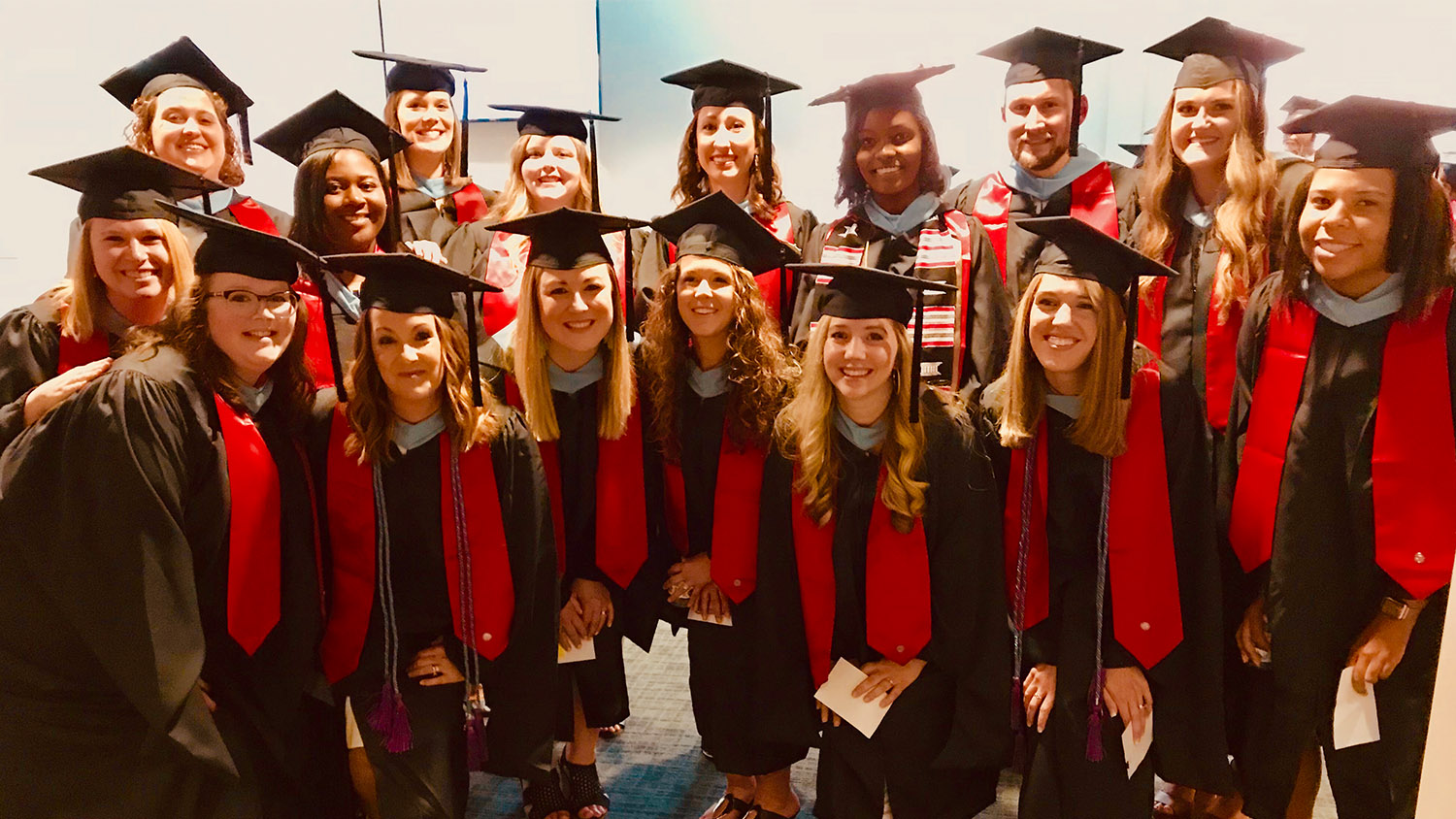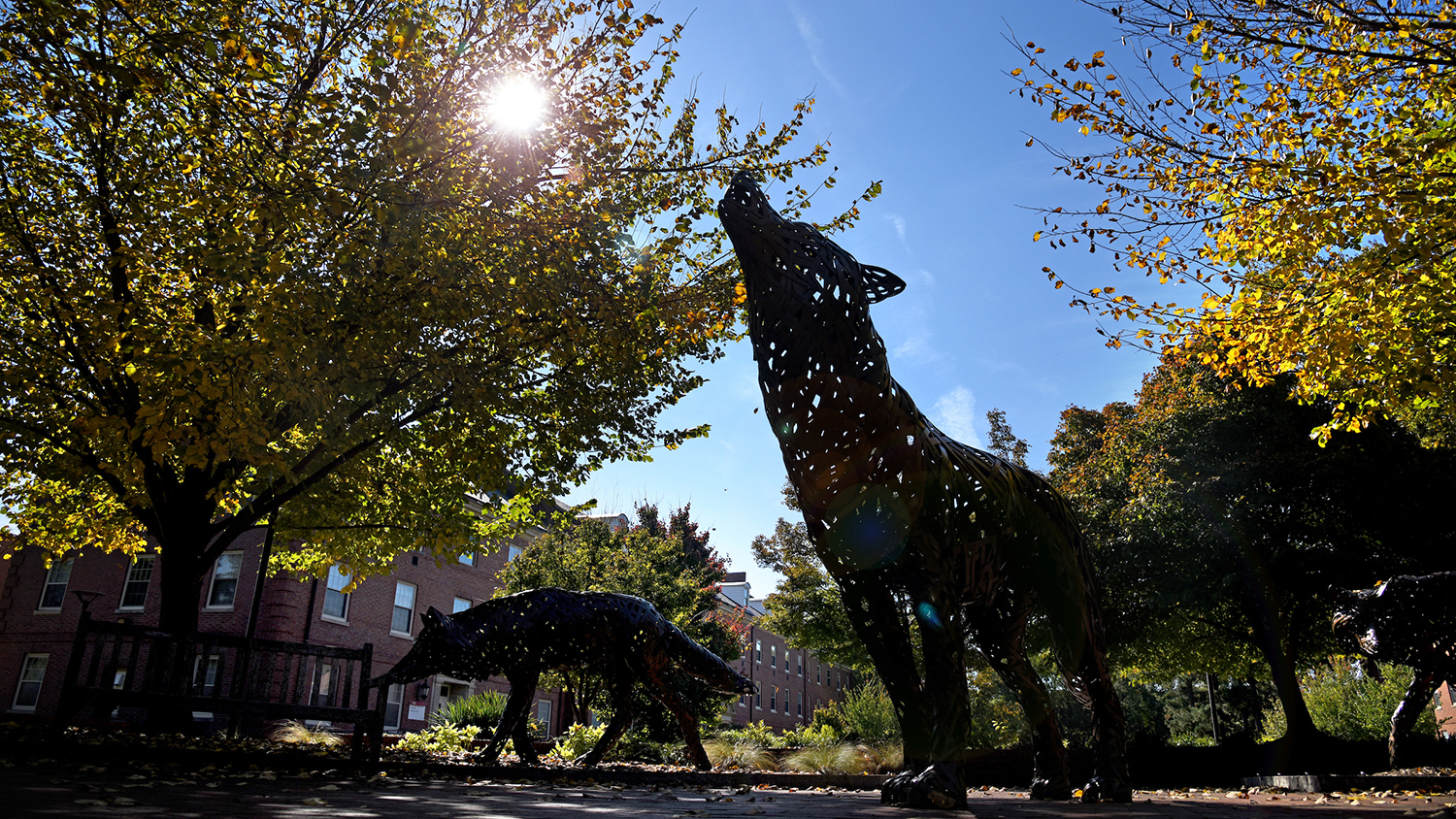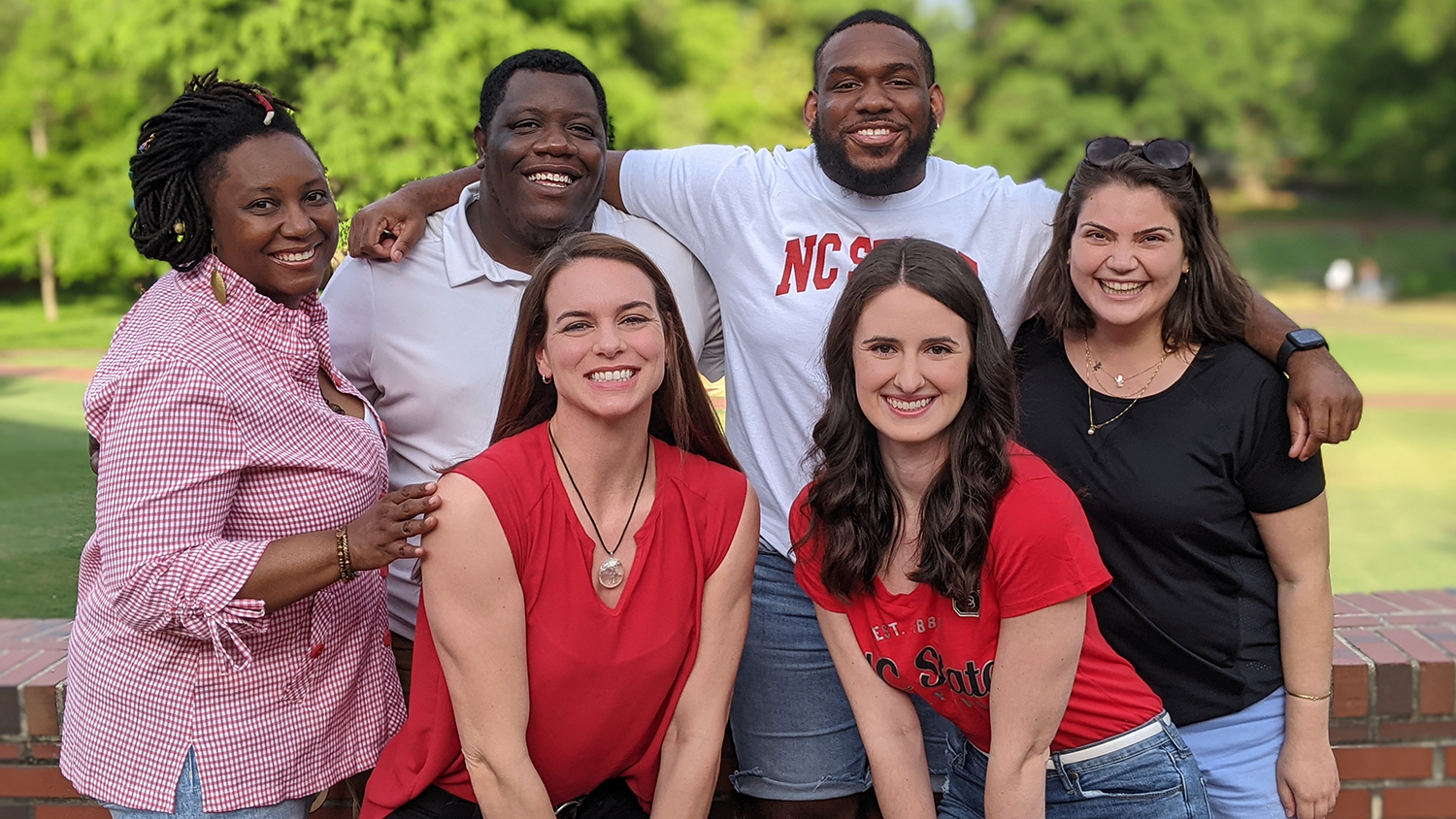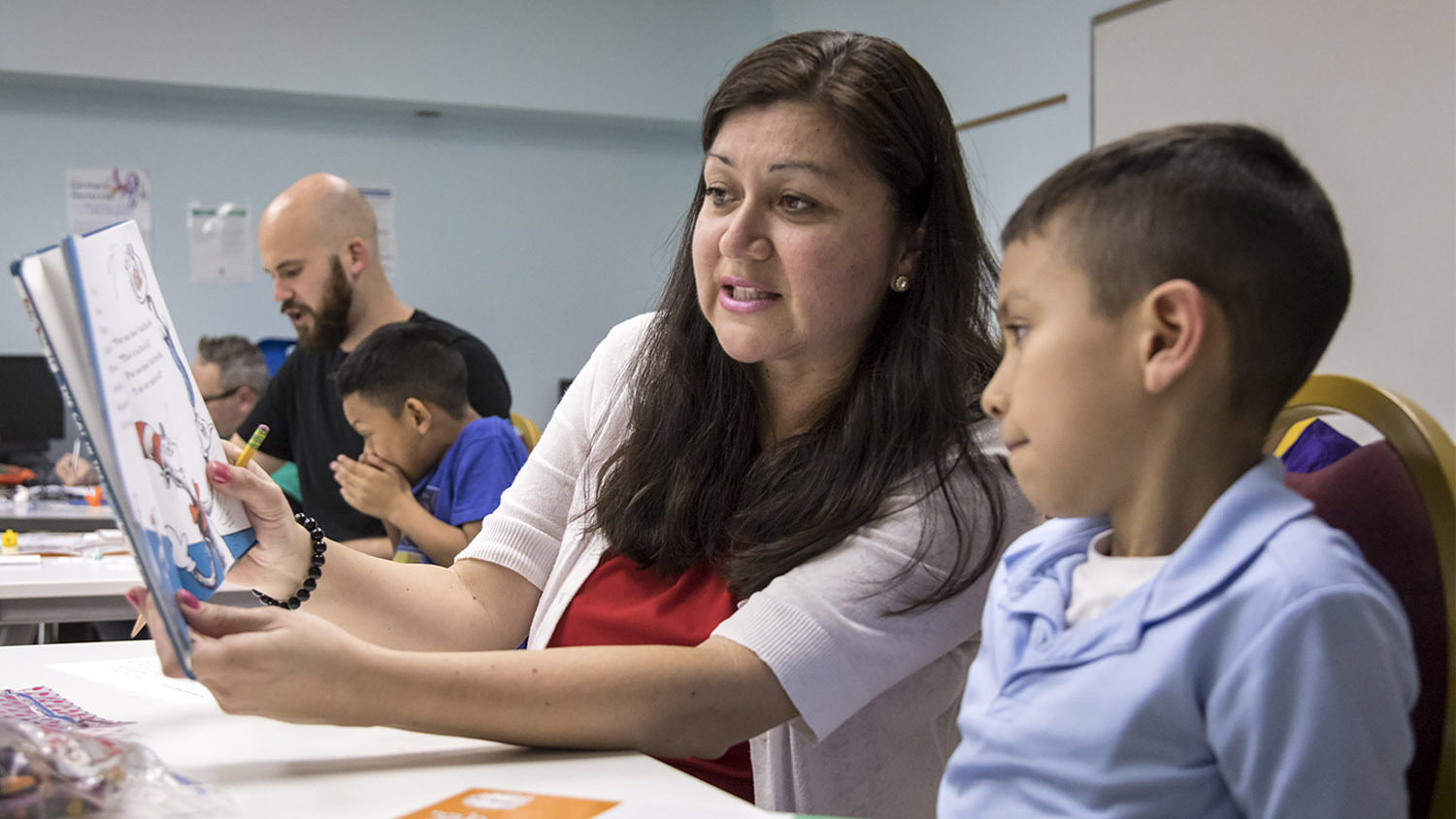Ragland Foundation to Provide Scholarships to Teachers Seeking Advanced Degrees in K-12 Reading

A $25,000 gift from the W. Trent Ragland, Jr. Foundation will allow the NC State College of Education to provide scholarships to support a fifth cohort of teachers seeking a master’s degree in New Literacies and Global Learning with a specialization in K-12 reading.
The Ragland Foundation established the Teaching and Leading Literacy Scholarship Program with an initial gift of $75,000 in 2016, bringing its total support to $100,000 for the scholarship program. Since 2016, the program has provided scholarships of $2,000 to nearly 60 teachers who are part of the NLGL’s literacy cohort.
“We’re excited to receive continued funding from the W. Trent Ragland Jr. Foundation, which allows us to provide partial tuition scholarships for our teachers,” said Hiller Spires, Ph.D., Alumni Distinguished Graduate Professor of Literacy Education, who leads the program. “These funds make a substantial difference for teachers as they seek an advanced degree in literacy and learn how to provide customized literacy instruction for all students, especially those who struggle.”
NLGL graduated its third literacy cohort that received support from the Ragland Foundation’s Teaching and Leading Literacy Scholarship Program this past May. The 16 graduates join 43 other teachers who have completed the program with a specialization in K-12 reading. The fourth cohort of 17 students will graduate in May 2020.
“This literacy cohort means a lot to me,” said Bria Wright ’19MED, a fifth-grade English and social studies teacher in Wake County. “It taught me how leadership can take many forms — all teachers can be leaders. Most importantly, I’ve learned how to advocate for what’s best for kids.”
This hybrid NLGL program, which offers courses half online and half face-to-face, is customized to facilitate teachers’ learning while they teach full time. The Literacy Space, the college’s reading tutoring center directed by Associate Professor Dennis Davis, Ph.D., also provides NLGL students opportunities to learn how to work with struggling readers and their parents in a supervised setting in addition to learning the content within the program.
“NLGL has been amazing for my professional growth,” said Jennifer Cochran ’19MED, a third-grade teacher in Johnston County. “I’ve learned how to conduct Project-Based Inquiry (PBI) Global with my students. I learned how to give my students a choice in their reading selections, which they’ve never had before. I highly recommend NLGL for teachers who want to improve their literacy practices and reach all students.”
PBI Global is a hallmark of the program that allows teachers to engage in an inquiry process that supports the United Nations Sustainable Development Goals and encourages collaboration with classes from other cultures and countries to promote cultural competence among teachers and students.
“I’ve learned many things about literacy instruction in the New Literacies and Global Learning program,” said Lauren Johnson, a kindergarten teacher in Wake County. “But my number one takeaway is how to collaborate and work with my peers and help them increase literacy performance in their classrooms as well.”
The NLGL program is currently recruiting for its fifth literacy cohort slated to begin in August.
Complete the form below for more information about the New Literacies and Global Learning program.
Receive More Information About Our New Literacies and Global Learning Concentration
Contact us about our scholarship opportunities for English Language Arts and social studies teachers and to learn more about our flexible graduate programs. The coordinator is Dr. Dennis Davis, ddavis6@ncsu.edu.
- Categories:


